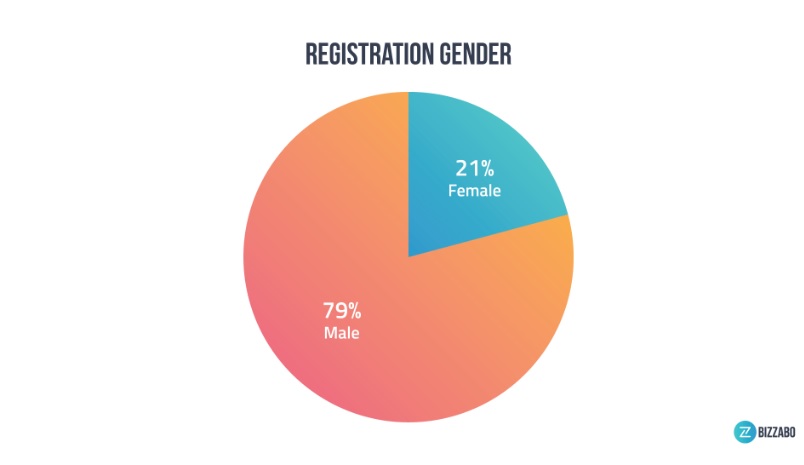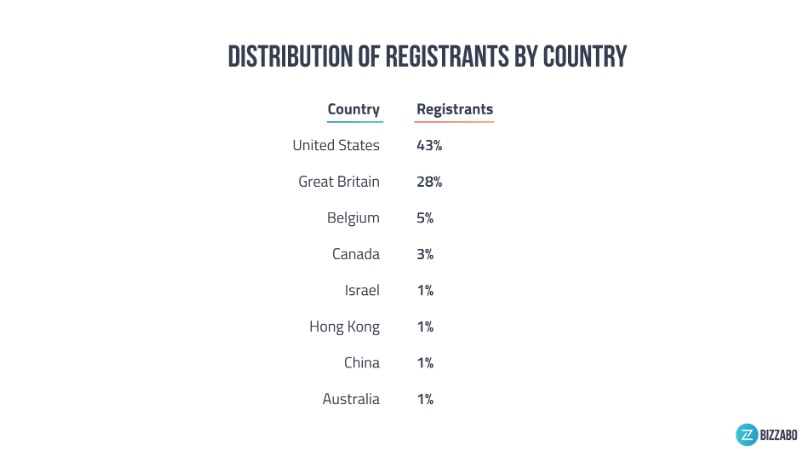
In today’s edition of The Daily we feature a number of stories about financial companies adding cryptocurrency-related services including a custody solution from Fidelity and new CFDs for trading BCH vs precious metals. We also cover the latest update about the ongoing Cryptopia hack.
Also Read: Report: Two Hacker Groups Stole $1 Billion From Crypto Exchanges
Fidelity Crypto Custody Set for March
Back in October 2018 the Boston-headquartered financial services corporation Fidelity Investments announced the launch of a subsidiary called Fidelity Digital Asset Services LLC. The company is dedicated to providing cryptocurrency services including custody and trade execution to institutional investors such as hedge funds, family offices, and market intermediaries. According to a new report, the first service from the venture, a cryptocurrency custody solution, is now scheduled for March 2019. The company will reportedly begin with offering BTC storage with ETH expected to come next.

“We are currently serving a select set of eligible clients as we continue to build our initial solutions,” Fidelity stated on Tuesday. “Over the next several months, we will thoughtfully engage with and prioritize prospective clients based on needs, jurisdiction and other factors.”
Cryptopia Exchange Hack Continues
Earlier this month we reported that $16 million worth of cryptocurrency was stolen in the ‘weird’ hack of New Zealand-based exchange Cryptopia on Jan. 14. But an investigation by data company Elementus has revealed that the incident is not yet over. The company reports that the Cryptopia hacker withdrew further funds on Monday, siphoning an additional 1,675 ETH from an another 17,000 Cryptopia wallets. This doesn’t represent a new breach, it should be noted, but rather reflects the fact that the hacker retains a copy of the private keys originally used to infiltrate the accounts. This enables them to remove any new funds they receive at will.
Among the wallets affected are over 5,000 that had already been drained in the original hack, but have since been topped up with new money. Elementus explains that most of these funds are coming from mining pools. “Presumably, these payments are being sent on behalf of miners who opted to receive their rewards automatically via ‘direct deposit,’ and have since forgotten about it.”
79% of Financial Advisors Asked About Crypto Assets
Bitwise Asset Management and ETF Trends have released the results of a survey on financial advisors’ attitudes towards crypto assets that was conducted during December 2018. The survey involved over 150 respondents including independent registered investment advisors (RIAs), independent broker-dealer representatives, financial planners and wirehouse representatives.
Key findings are that 79 percent of advisors received questions from clients on crypto in 2018, 9 percent currently manage an allocation to crypto in client portfolios and 22 percent plan to either start a new allocation or increase their existing allocation to crypto during 2019. Additionally, 55 percent of surveyed advisors expect prices to appreciate over the next five years with the mean BTC price target for December 31, 2023, at $17,571.

“After a year in which the Bitwise 10 Large Cap Crypto Index fell 78%, the survey shows that interest in crypto investing from financial advisors not only survived, but grew,” said Matt Hougan, Global Head of Research for Bitwise Asset Management. “There are clear reasons why: Advisors tell us that they are getting inbound questions from clients, that they need ways to connect with a younger generation of clients, and that clients are investing in crypto outside of their advisory relationship anyway.”
Liquidity Provider Adds BCH vs Gold and Silver CFDs
B2Broker, a liquidity provider for the crypto and FX industry, has announced the launch of 40 new cryptocurency-based CFDs, comprising top cryptos against major fiat currencies. The launch also features a range of interesting pairs including BTC, LTC, ETH, XRP and BCH against XAG (gold) and XAU (silver).
The company has also announced that it has increased leverage for crypto CFDs to 1:5, and that is now able to provide as a base currency any fiat currency, USD-pegged stablecoins and top cryptos. Brokers and exchanges can connect directly via FIX API to the liquidity pool at the datacenters in London and Hong Kong.
B2Broker CEO Arthur Azizov commented: “Any broker can connect to us quickly and easily, with bridges offered free of charge to those operating MT5 and MT4 trading platforms. These latest developments further strengthen the company’s presence in the industry and reaffirms our position as a global leader.”
New Hong Kong Dollar Stablecoin
Bitspark, a cryptocurrency remittances platform, has announced the launch of Sparkdex.HKD, a stablecoin pegged to the Hong Kong Dollar (HKD). The token is tied to the company’s reserves of physical cash in HKD and Bitspark promises this will be regularly audited by a local audit firm in a quarterly report for the public. The coin already began listing on Sparkdex, Bitspark’s decentralized exchange (DEX), and Bitshares’ connected DEX, on 31 Oct, 2018 and can be integrated into other exchanges as well.

“Bitspark was founded in Hong Kong, a front runner for innovation in finance. We see the launch of Sparkdex.HKD as a clear opportunity for Bitspark to bring the benefits of this technology to Asia. We’re planning to also launch a further 179+ stablecoins to service the company’s money transfer markets starting initially with emerging and frontier markets.” said Maxine Ryan, Bitspark COO.
What do you think about today’s news tidbits? Share your thoughts in the comments section below.
Images courtesy of Shutterstock.
Verify and track bitcoin cash transactions on our BCH Block Explorer, the best of its kind anywhere in the world. Also, keep up with your holdings, BCH and other coins, on our market charts at Satoshi’s Pulse, another original and free service from Bitcoin.com.
The post The Daily: Fidelity Crypto Custody Update, Cryptopia Hack Continues appeared first on Bitcoin News.
from Bitcoin News http://bit.ly/2sXw90e The Daily: Fidelity Crypto Custody Update, Cryptopia Hack Continues




















